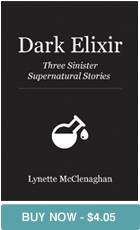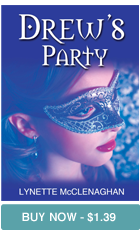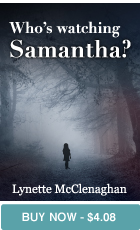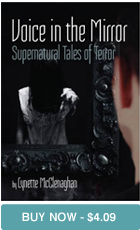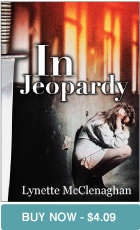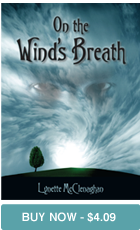December 1st, 2014 |
Published in
Dark Tales, Horror, Self Publishing, Writer and Research
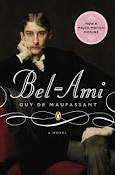
Brilliant read and grossly underrated film
Writer of horror and dark tales
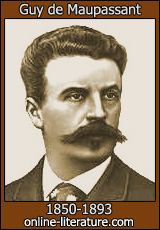
Myth two of five about Publishing
New corporations that have emerged as rivals to the traditional publisher claim that they are committed to their writers. This may be true of some. However, in my experience compared to my husband’s experience with traditional publishers it’s the opposite. The traditional publisher is more supportive of writers and is much more involved in the creation and promotion of their writer’s works. The biggest problem I’ve faced from this new breed of publishers is lack of communication and stated timelines spinning out to the ridiculous. For my last Ebook novel, In Jeopardy, the turn-around for paid publishing services was meant to be one month, but extended to five months; no explanation – only delays.
Of late I share the sentiments of Musician, Scott Grove who lives by the premise, ‘Don’t trust anyone until they prove trustworthy and likeable,’ following a number of experiences dealing with difficult people. The most recent incidents were after placing trust and good faith in a jeweler then a tradesman, both produced sub-standard work. Rather than taking responsibility both engaged in the blame game.
Like one of my favorite writers, Guy de Maupassant, I am a misanthrope and sometimes have a sour take on humanity. This is a feature that permeates throughout my work and partly explains why I write dark fiction rather than romance and fantasy.
October 18th, 2014 |
Published in
Dark Tales, Reviews, Self Publishing
Review – Upstairs at the Party

Even when reading for leisure, I read like a writer and think critically about what I’m reading. This often follows writing and posting reviews on Amazon of kindle and print purchases. Upstairs at the Party is a dark story. A review I read in the Herald Sun interested me enough to purchase this novel. Days later I read a review written in The Age giving Upstairs at the Party faint praise. The reviewer was critical of the story’s bleakness and added that it didn’t offer a happy ending, and this was a feature of the story that appealed as I write horror and dark tales. Like Upstairs at the Party horror, dark material and dirty realism offers hard hitting social commentary where happy endings only sanitise serious and thought provoking issues.
Upstairs at the Party is both a fascinating and frustrating read. As other reviewers have noted, it is a keenly observed and evocative portrayal of the characters’ time at university. It does not sentimentalise this era; some scenes are grim and confronting, and the social comment is apposite.
It is also a scathing indictment of selfish, self-centred people. We watch as the characters waste their lives and fritter away the value that their education and the privileges and responsibilities that it endowed them with on empty pursuits.
I found myself skipping bits as I became increasingly frustrated by characters’ aimless ineptitude. Their engagement with life is often oblique and peripheral. Perhaps this is Grant’s point – that their impotence has as much to do with flawed and undeveloped personalities as it has to do with the social conditions in which they live. She thereby reminds us of the importance of social and cultural engagement that goes beyond gestures and rhetoric.
September 29th, 2014 |
Published in
Dark Tales, Horror, Self Publishing, Writer and Research
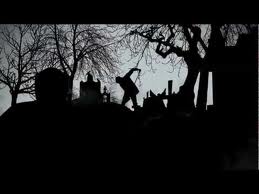
Writing horror and dark fiction
In my stories characters don’t simply have challenges or problems to overcome, but they are faced with crisis. The initial crisis usually reveals underlying problems which surface and become crisis in their own way. The importance of this approach to writing, particularly relating to dark tales, was confirmed in a critical study of Clint Eastwood’s films which argued that he operates in the same way.
Once again, I cannot overstress the necessity for fiction writers to read widely, both fiction and non-fiction. Writers benefit from engaging in research and their reading material must be serious and not simply a diet of junk. I don’t suffer from writer’s block because as with your health prevention is better than cure and reading widely is an investment in the quality of your work. Likewise, I’ve find that once the manuscript is approaching the final stages the writing isn’t finished. The writer is faced with creating a pitch, blurb, synopsis and a book description. These are unavoidable whether you are self-publishing or sending your manuscript to a publisher. For example, a self-publisher needs to articulate a clear brief that reflects the work so the graphic artist designs not only a striking cover, but one that resonates with your creative aims.





